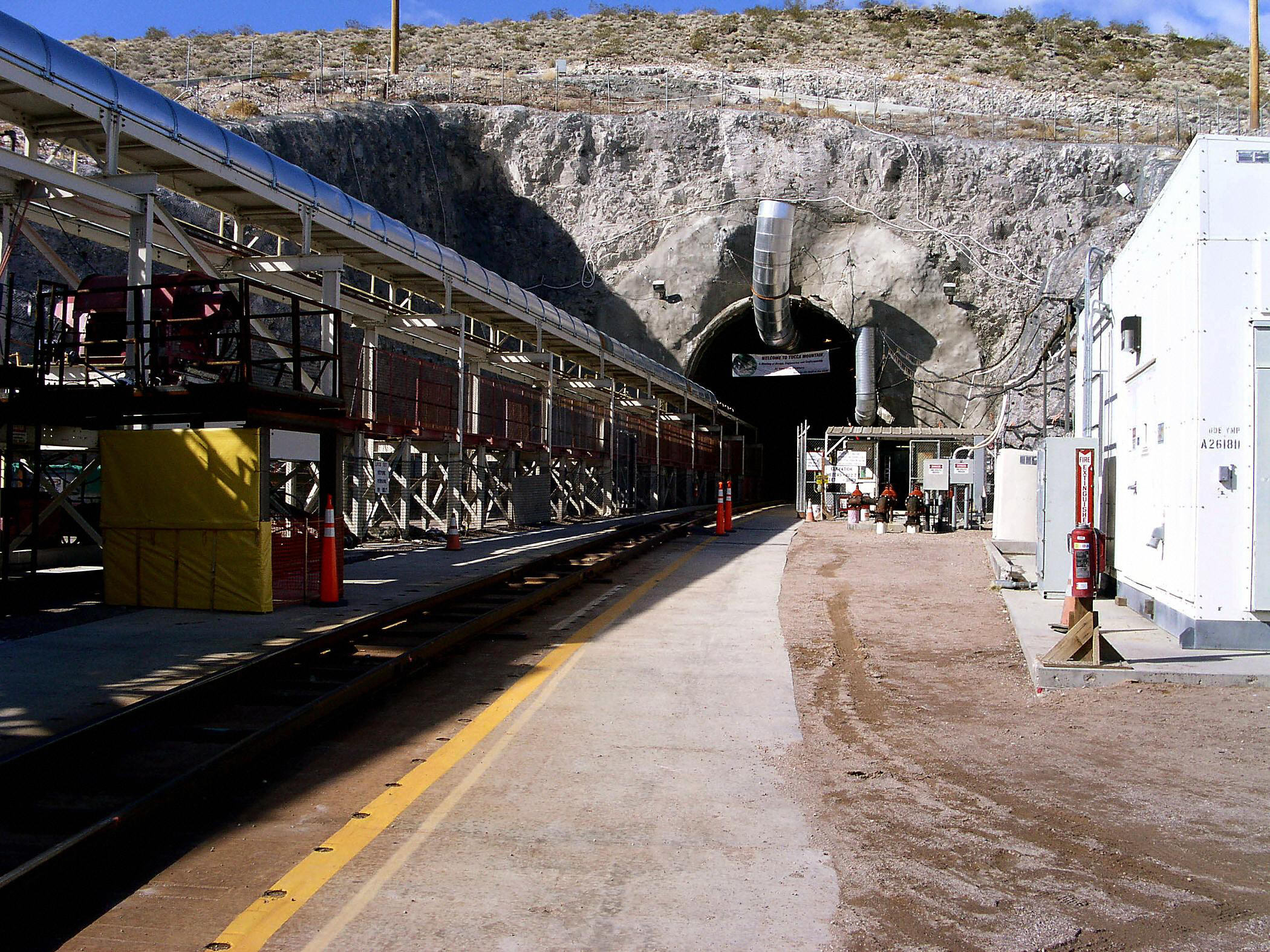
The Subcommittee on Energy, Climate, and Grid Security discussed the ongoing issue of storing highly radioactive spent nuclear waste in the United States this week, but no concrete solutions were proposed.
Despite a 1998 deadline for the Department of Energy (DOE) to have a permanent storage facility for the 94,000 tons of radioactive waste produced by nuclear power plants, the U.S. still lacks a plan. The Subcommittee members acknowledged the urgency of solving this problem, but were unable to define any specific solutions during the hearing.
Many nuclear power plants in the country have completed their operations, leaving behind spent fuel that is currently stored at 75 sites across 34 states. The cost of temporary storage and security for this waste was not accounted for during the planning stages of these facilities, leading to significant financial burdens on taxpayers.
With nuclear utilities filing lawsuits to recover additional storage costs and taxpayers already spending billions on temporary solutions, the need for a permanent storage facility is evident. The failure to address this issue has resulted in growing financial liabilities and risks associated with the continued storage of radioactive waste.
Although technically feasible, the storage of nuclear waste has become a sociopolitical challenge. The proposed Yucca Mountain storage facility in Nevada faced political opposition, preventing its operation despite significant investments in its construction.
Yucca Mountain
The Nuclear Waste Policy Act of 1982 aimed to establish a storage location for nuclear waste by 1998, leading to the identification of Yucca Mountain. However, the project faced obstacles, including the withdrawal of support by President Obama in 2010.
Subsequent efforts to develop a consent-based siting process for nuclear waste management have been slow, with the U.S. lagging behind other countries in implementing effective disposal programs.
More Nuclear Power
As the U.S. considers expanding its nuclear energy sources for environmental reasons, the need for a comprehensive waste management plan becomes even more critical. Reprocessing and recycling of nuclear waste can reduce its volume and toxicity, but a long-term storage solution is essential.
The DOE’s attempts at interim storage have been hindered by host states, highlighting the need for a cohesive national strategy for nuclear waste management. Testimonies at the hearing emphasized the importance of legislative action to address this stalemate and establish a functional waste management policy framework.
Chairman Rep. Jeff Duncan acknowledged the need for decisive action and recommended the creation of an independent waste management organization to expedite the resolution of this pressing issue.






